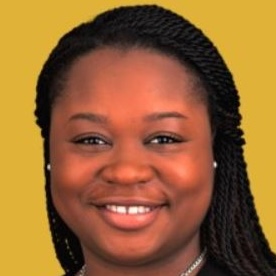 A new study led by scholars at Vanderbilt University’s Peabody College of Education and Human Development has found that Black high school students, particularly Black girls, tend to doubt their math teachers’ capabilities to provide them with an adequate education.
A new study led by scholars at Vanderbilt University’s Peabody College of Education and Human Development has found that Black high school students, particularly Black girls, tend to doubt their math teachers’ capabilities to provide them with an adequate education.
In their study, the authors surveyed 67 focus groups with 251 predominately Black high school students in the southern United States who were experiencing economic marginalization. The research team sought out to gauge how these students felt about their math teachers’ effectiveness in supporting their education. Out of the students they surveyed, 71 percent of Black girls and 43 percent of Black boys reported negative experiences with a math teacher’s instruction.
Overall, the students surveyed frequently revealed a misunderstanding of the importance of math in their future careers, but again, this was significantly more pronounced among Black girls. Over 70 percent of Black girls reported having a negative math identity, compared to only 14 percent of Black boys. While nearly all students surveyed believed basic math skills were important in their future careers, only 58 percent believed advanced math skills would be useful to them, even among students who wished to pursue STEM fields after high school. Again, this disconnect was greater for Black girls than Black boys.
“We conclude that math teachers, schools, and school districts need to intentionally listen to marginalized students, especially Black girls,” the authors write. “Further, they need to demonstrate their commitment to and prioritization of inclusive and equitable math pedagogy to better support the development of historically and systematically marginalized students’ math knowledge and identity, which can be important tools for their future career options, empowerment, critical consciousness, and continued liberation.”
The study was led by Ashli-Ann Douglas, who earned her Ph.D. from Vanderbilt University in 2022. She is currently a research associate at WestEd. In addition to Vanderbilt, the study authors included researchers from the University of Puerto Rico and Fisk University in Tennessee.

